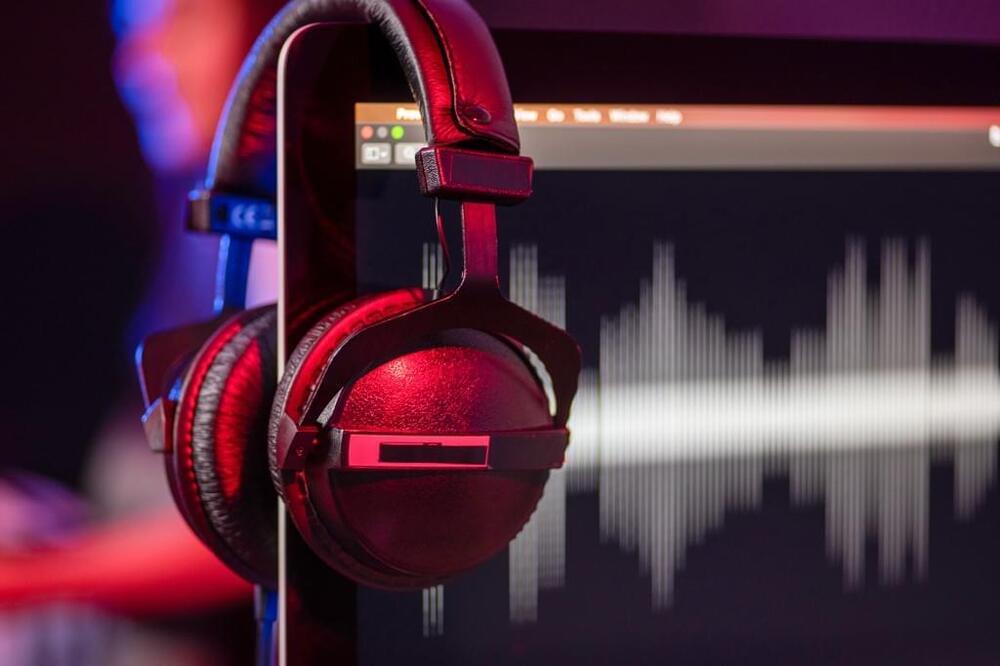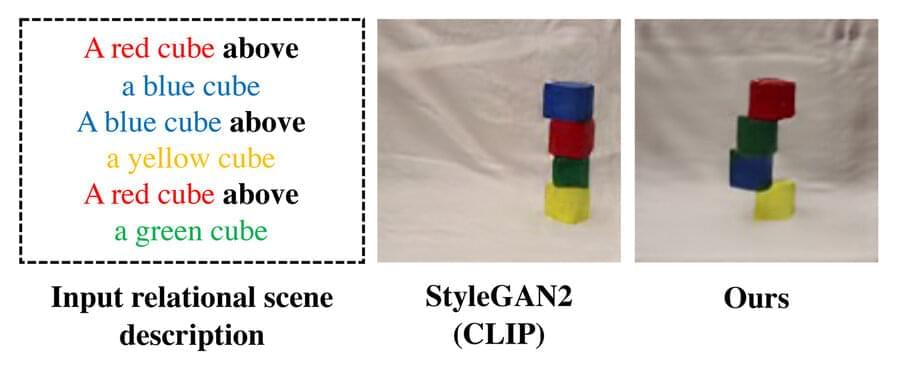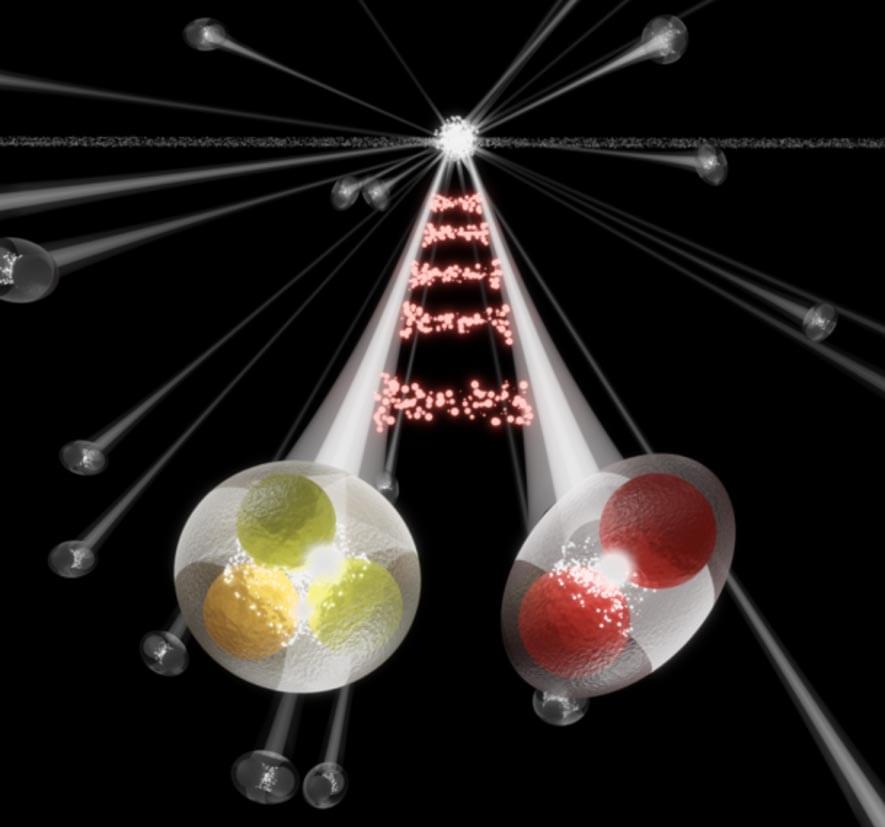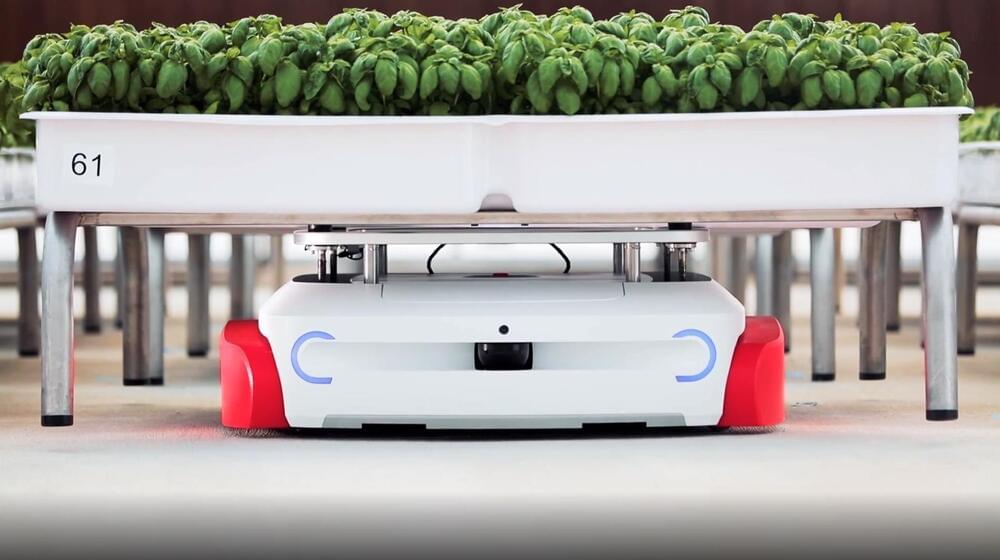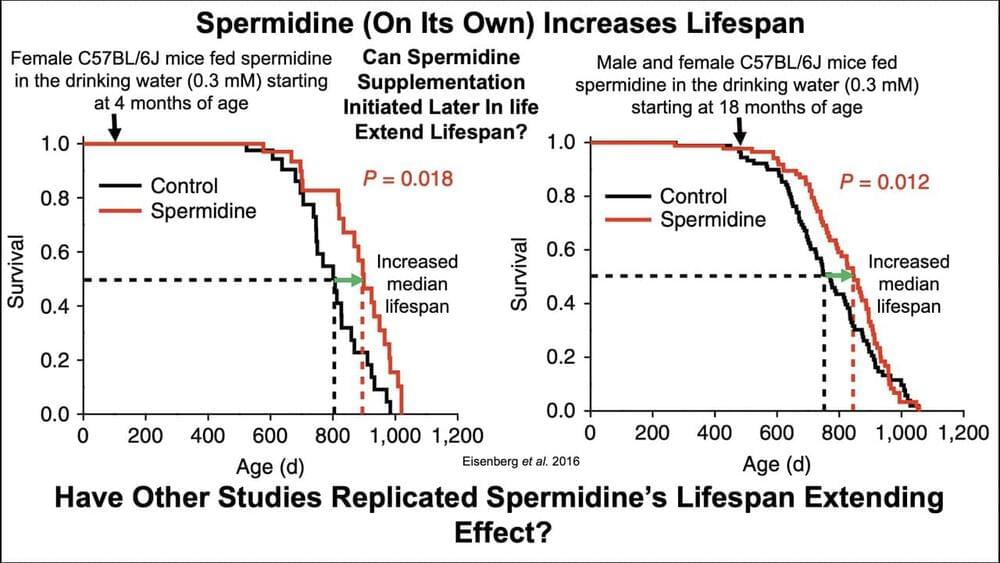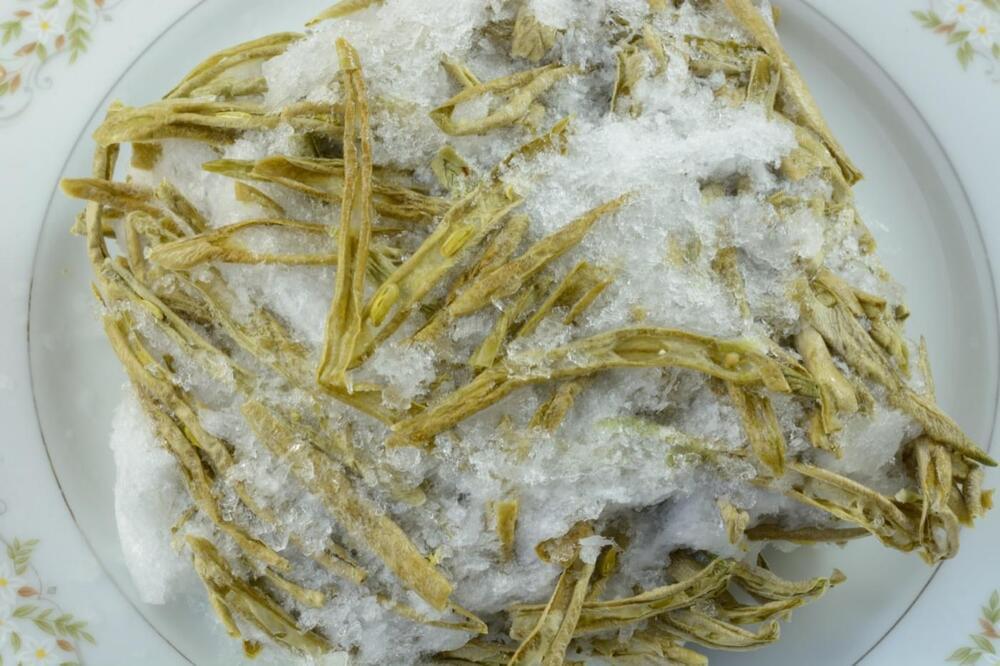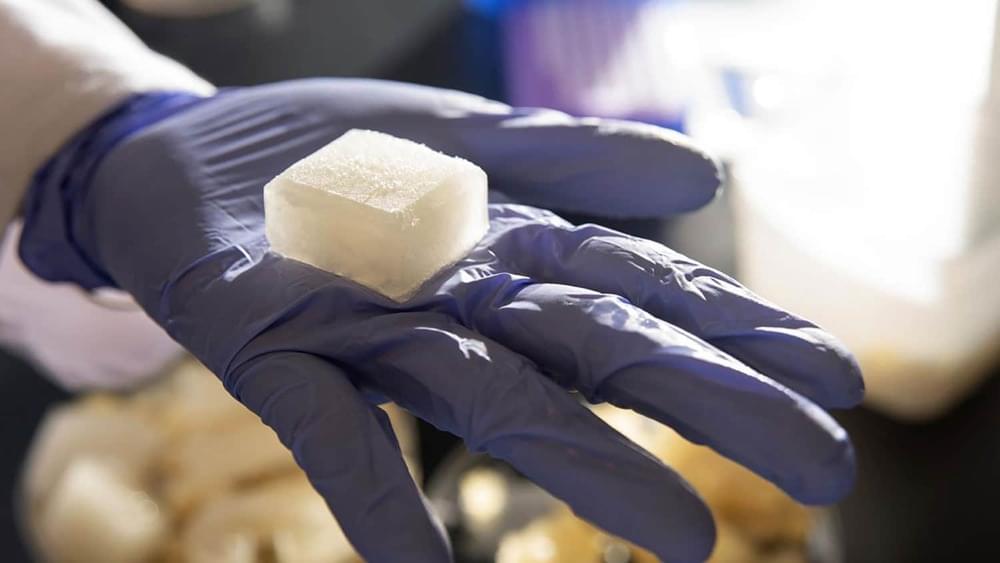Dec 2, 2021
That radio DJ you hear might already be a robot
Posted by Dan Kummer in categories: food, mobile phones, robotics/AI
OAKLAND/LOS ANGELES, Calif., Dec 2 – Andy Chanley, the afternoon drive host at Southern California’s public radio station 88.5 KCSN, has been a radio DJ for over 32 years. And now, thanks to artificial intelligence technology, his voice will live on simultaneously in many places.
“I may be a robot, but I still love to rock,” says the robot DJ named ANDY, derived from Artificial Neural Disk-JockeY, in Chanley’s voice, during a demonstration for Reuters where the voice was hard to distinguish from a human DJ.
Our phones, speakers and rice cookers have been talking to us for years, but their voices have been robotic. Seattle-based AI startup WellSaid Labs says it has finessed the technology to create over 50 real human voice avatars like ANDY so far, where the producer just needs to type in text to create the narration.
